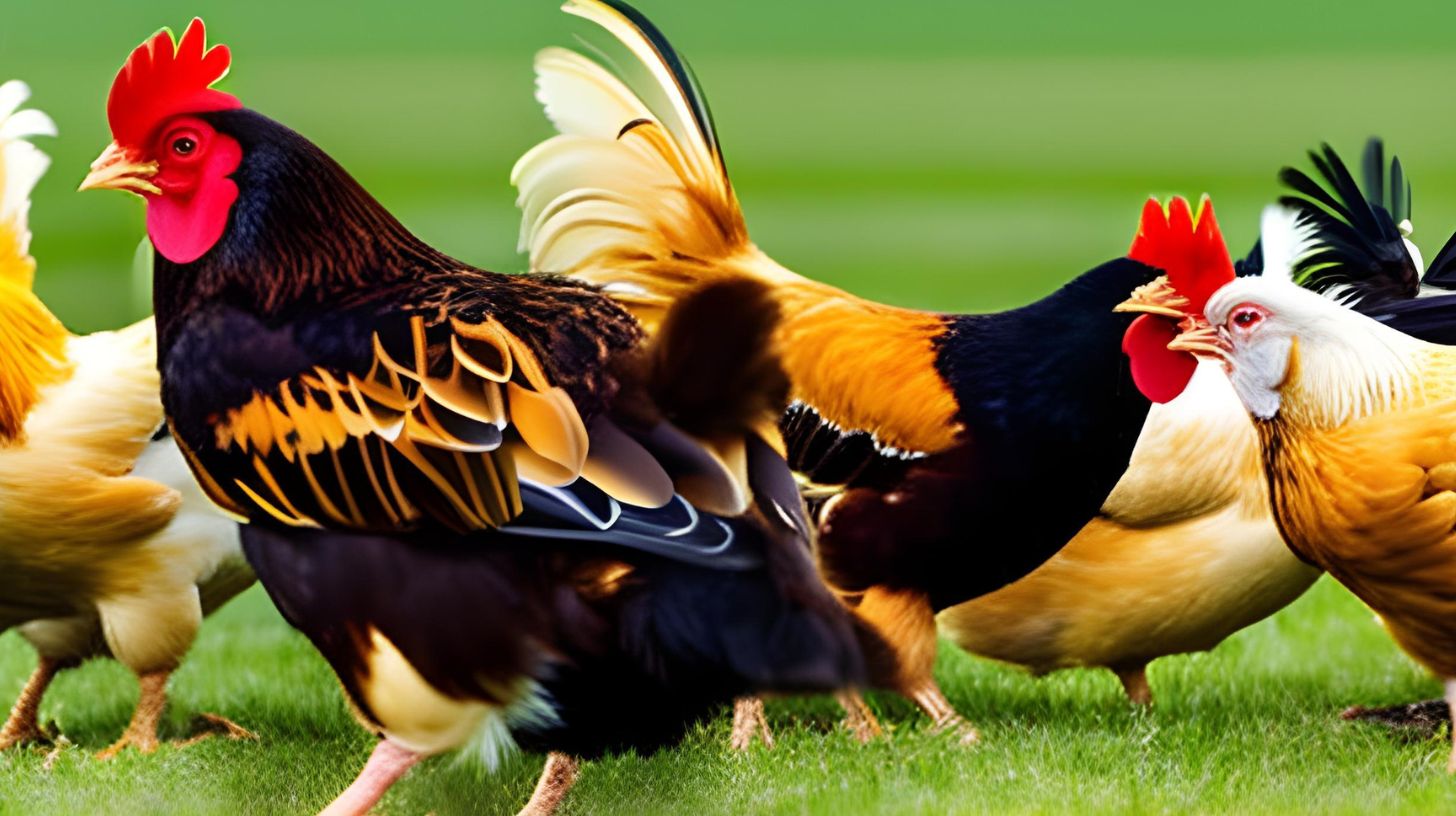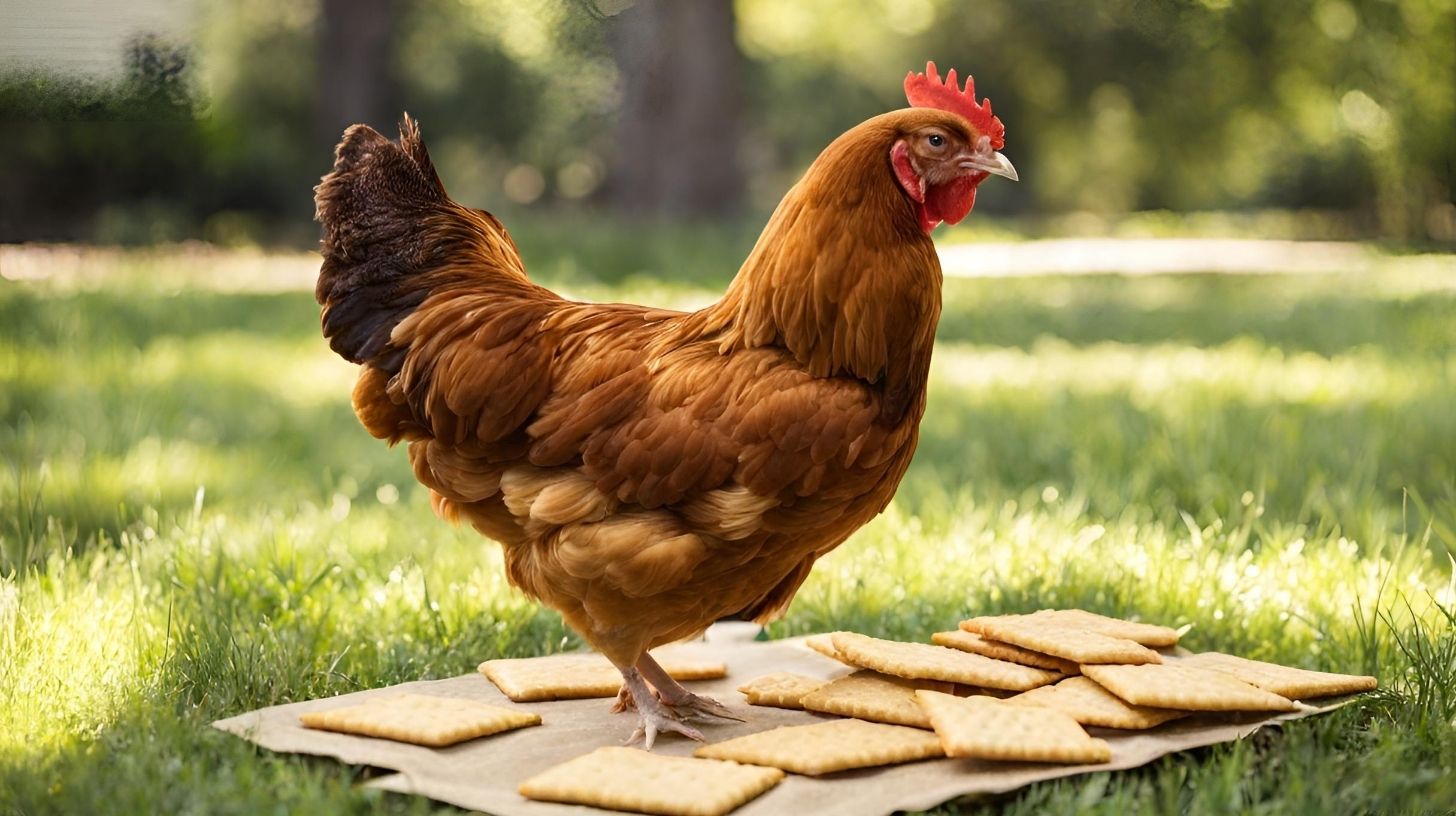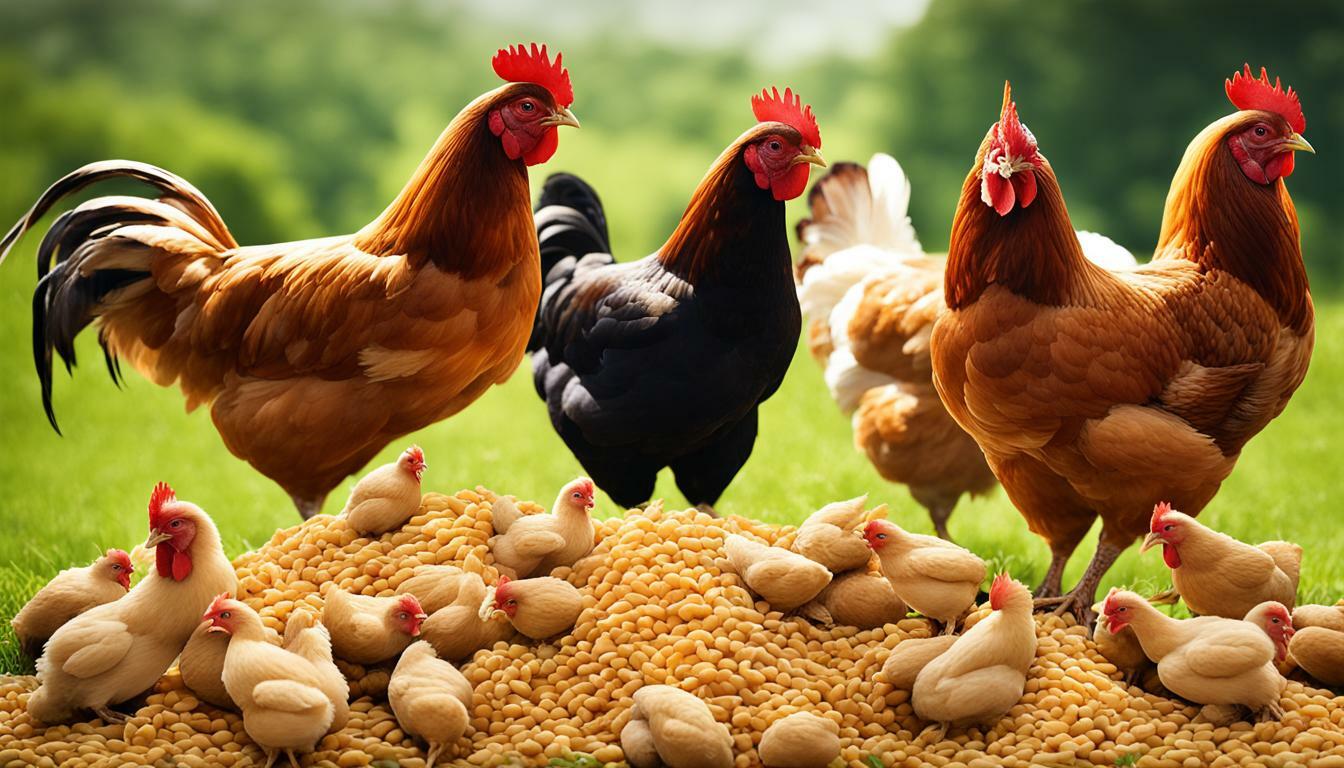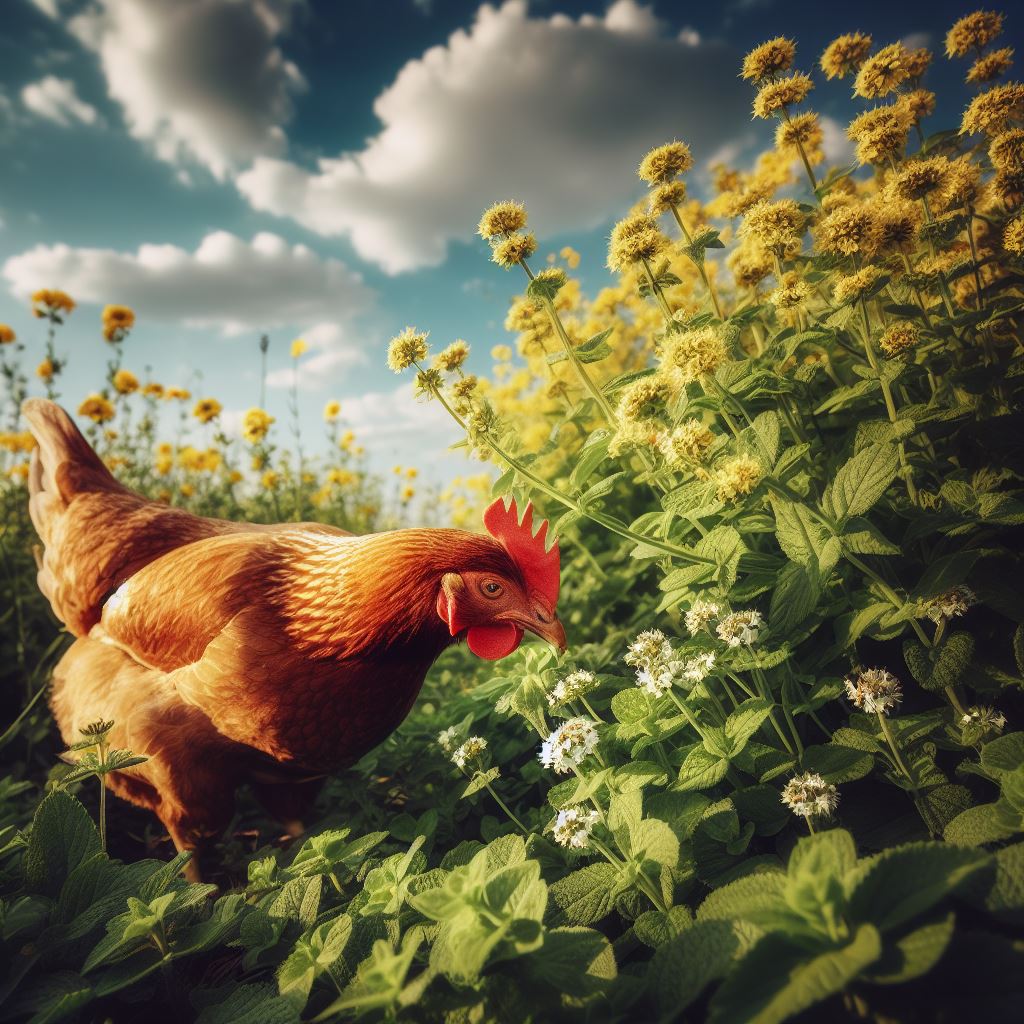Do Chickens Eat Fleas? All You Need to Know

Table of content:
- Do Chickens Eat Fleas and Other Pests?
- Do chickens eat ticks?
- What do chickens eat to get rid of mites?
- How do you get rid of fleas on chickens naturally?
- What home remedy kills chicken mites?
- Do fleas bother chickens?
- How do I treat my chicken coop for fleas?
- What essential oils repel fleas on chickens?
- Can chickens get fleas from dogs?
- How do you treat chickens for lice and mites?
- Natural Prevention Tips for Chicken Parasites
- A Proactive Approach is Best
- Final Thoughts
Keeping chickens can be extremely rewarding, but dealing with pests like fleas and mites can be frustrating. These pesky parasites not only cause discomfort for your flock, but they can also impact egg production and overall chicken health. The good news is there are many effective natural remedies and prevention methods to help control fleas, mites, ticks and lice in the coop and on your chickens.
Do Chickens Eat Fleas and Other Pests?
Chickens are natural pest control when allowed to roam and forage. They will actively hunt and eat fleas, ticks, mites and other insects that can plague your flock. However, severe infestations can overwhelm their ability to “self-treat” through preening and dust bathing behaviors. This is when it’s important to take action to eradicate parasites.
Do chickens eat ticks?
Yes! Chickens are very effective at controlling ticks. They hunt and eat ticks they find roaming in the run or pasture. Encouraging free-range foraging gives them access to this protein-rich food source.
What do chickens eat to get rid of mites?
Chickens will eat mites and lice they find while preening and dust bathing. You can also provide sprinkles of food-grade diatomaceous earth, which shreds the exoskeletons of mites on chickens.
How do you get rid of fleas on chickens naturally?
Natural remedies to treat fleas on chickens include:
- Diatomaceous earth – sprinkle on coop floor and nesting boxes
- Essential oils – lavender, peppermint, tea tree oil
- Apple cider vinegar – added to water or sprayed in coop
- Garlic powder – sprinkled on feed
What home remedy kills chicken mites?
Diatomaceous earth is very effective at killing mites. It’s non-toxic and safe for chickens when food-grade. Apply a fine layer in coop and dust chickens directly while preening.
Do fleas bother chickens?
Yes, fleas can infest chickens and cause discomfort, anemia and problems with egg-laying. It’s important to treat fleas using natural options like essential oils, garlic powder or diatomaceous earth. Practice preventive flock health measures too.
How do I treat my chicken coop for fleas?
To treat fleas in the coop, apply a fine layer of diatomaceous earth across the floor, nesting boxes and perches. Spray essential oils like peppermint, lavender or tea tree onto coop surfaces. Treat the chickens themselves and surrounding yard areas as well.
What essential oils repel fleas on chickens?
Some essential oils known to help repel fleas on chickens include lavender, peppermint, tea tree, citronella, rosemary and thyme oils. Mix a few drops into water and spray onto chickens while preening.
Can chickens get fleas from dogs?
Yes, it’s possible for fleas to move between mammals like dogs to chickens. Treating all animals simultaneously is ideal. Keep dogs out of coops and runs to prevent transfer.
How do you treat chickens for lice and mites?
Natural options to treat lice and mites on chickens include diatomaceous earth, garlic powder, essential oils, apple cider vinegar and regular coop cleaning. Maintaining flock health is key for prevention.
Natural Prevention Tips for Chicken Parasites
Along with treatment, focus on some key prevention strategies to help control parasites before they become a bigger issue:
- Clean the coop regularly – remove old nesting material, feathers and manure
- Till or replace coop floor bedding frequently
- Allow access to dust bathing areas for preening
- Practice good biosecurity like quarantining new birds
- Check for parasites during daily flock inspections
- Keep wild birds out of feeders and coops
- Provide nutritional feed with garlic powder or Apple cider vinegar
- Rotate pastures so birds have access to fresh forage
- Apply diatomaceous earth routinely in coop as a preventive
- Plant pest-repelling herbs like lavender, mint or lemon balm
A Proactive Approach is Best
Dealing with external parasites like fleas, mites, ticks and lice is an inevitable part of poultry keeping. The key is being vigilant about monitoring your flock and coop environment. Addressing issues proactively and using natural options when possible will help support overall chicken health and wellbeing. A few pesky parasites don’t have to spell disaster for your backyard flock with the right prevention and control measures in place.
Final Thoughts
Chickens can be helpful allies in controlling fleas, mites, ticks and other insects naturally. But heavy pest infestations require intervention. Focus on daily flock health, coop sanitation and natural treatments. Diatomaceous earth, garlic, essential oils and other organic solutions can safely and effectively eliminate parasites. Paying attention to prevention is also key. With this proactive approach, your chickens can continue thriving and producing happy eggs!
Welcome. I’m Adreena Shanum, the proud owner of this website, and I am incredibly passionate about animals, especially poultry. I founded adreenapets.com as a labor of love, stemming from my desire to share my knowledge and experiences with poultry enthusiasts worldwide.




